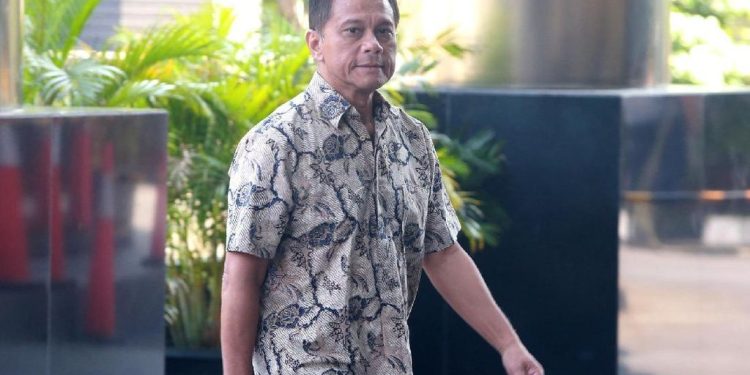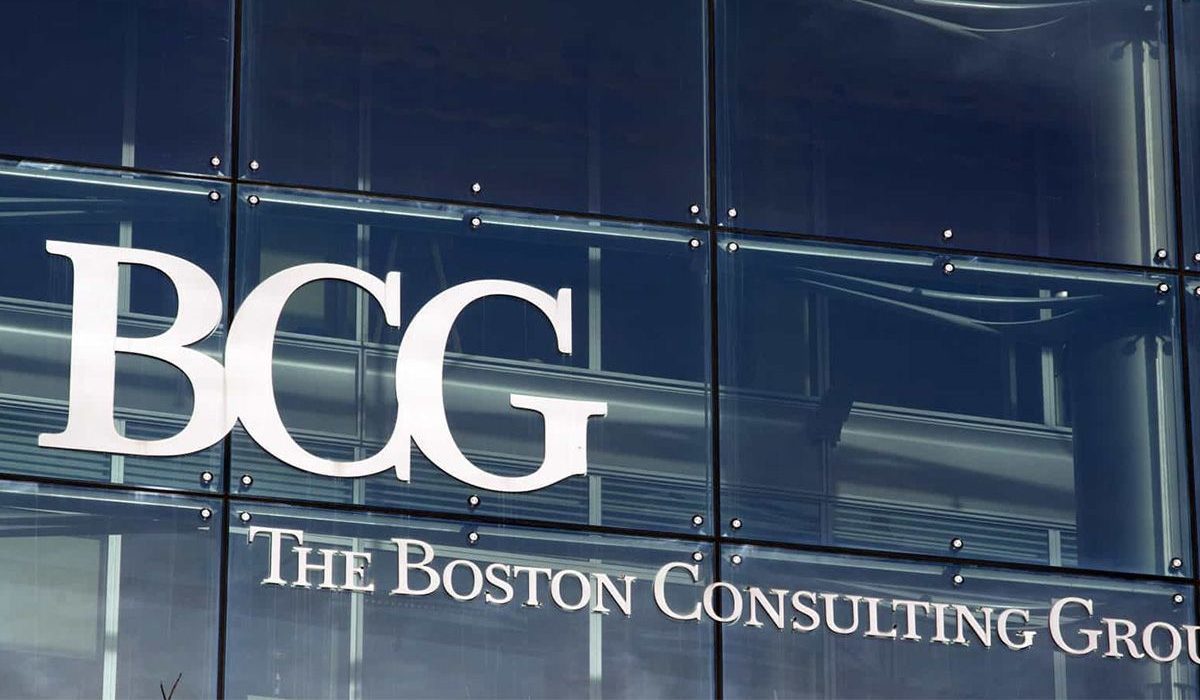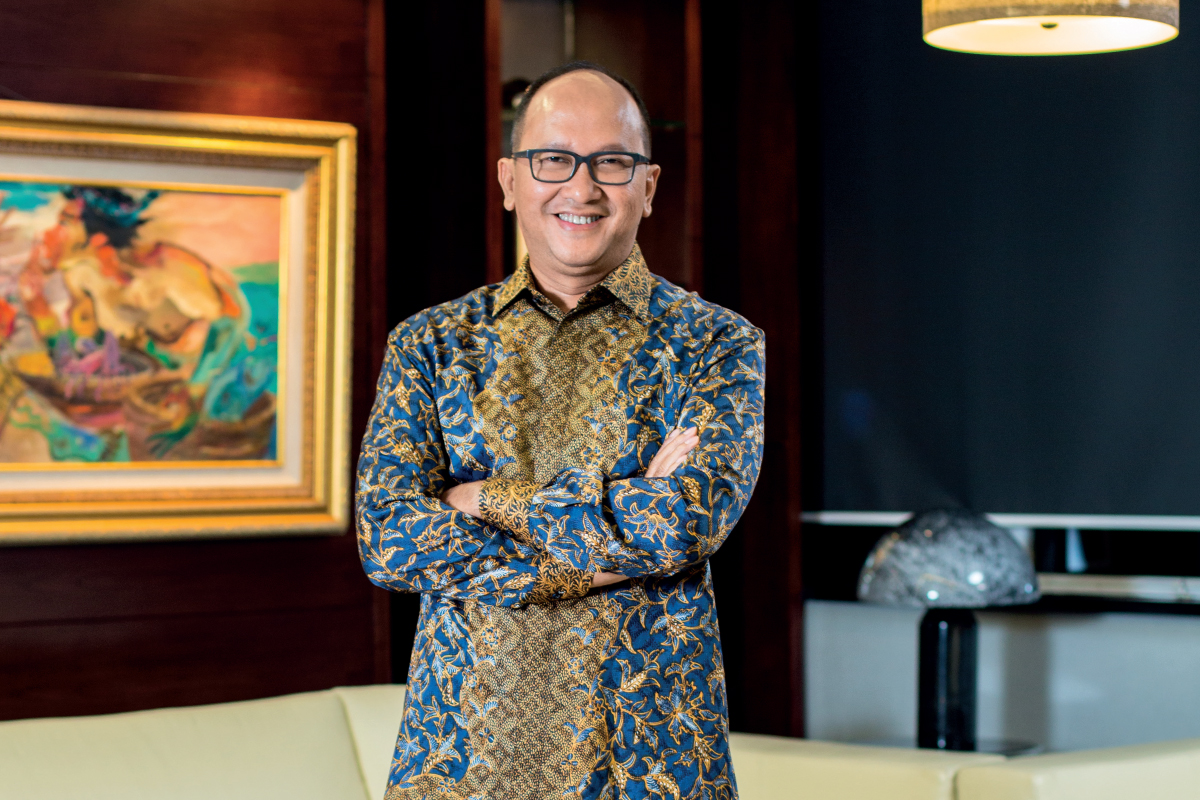
In the wake of recent events that have shaken the foundations of a prominent organization, a significant shift in leadership has captured public attention. As challenges mount, the necessity for change becomes increasingly critical. This transition signifies not only a new chapter for the entity involved but also highlights the complexities of governance and ethics in the corporate environment.
The departure of an influential figure has prompted discussions about accountability and integrity in positions of power. The repercussions of past actions have left an indelible mark, leading to a re-evaluation of practices and leadership philosophies. Stakeholders now look toward the future with an eye for improvement and a commitment to restoring trust.
As a new leader steps into the role, expectations are high for transparent decision-making and a renewed focus on ethical standards. The community watches closely, hoping for a revitalization that prioritizes transparency and fosters a culture of responsibility. This pivotal moment serves as a reminder of the importance of ethical leadership in shaping the trajectory of any organization.
Mra’s Ascendancy in Corporate Leadership
The recent shift in management within a prominent corporation signifies a critical juncture that highlights both opportunity and transformation in the business world. As leadership dynamics evolve, new figures emerge to guide organizations through turbulent times, fostering renewed visions and strategies.
This change not only reflects a reconfiguration of power but also emphasizes the potential for innovation and rejuvenation within the corporate structure. The fresh leadership brings a unique set of experiences and perspectives that can significantly affect the company’s trajectory.
-
New strategic directions: The incoming leader is expected to introduce robust strategies aimed at enhancing operational efficiency.
-
Focus on ethical governance: A commitment to transparent practices may lead to improved trust among stakeholders.
-
Strengthening corporate culture: Emphasizing inclusivity and collaboration can transform the internal environment.
-
Engagement with community: A proactive approach to corporate social responsibility can enhance the organization’s public image.
Ultimately, this evolution represents a crossroads where leadership qualities and ethical dimensions can pave the way for sustainable success. Embracing change, the company is set to navigate challenges while potentially redefining its legacy.
Impact of Bribery Scandal on Company Culture
The recent incident has profoundly influenced the internal environment of the organization, highlighting the need for ethical standards and accountability. Such events can shake the foundational beliefs of a company, leading to significant changes in employee morale, trust, and overall operations.
Shift in Employee Morale
When an organization faces controversy, employees often experience a decline in motivation. This shift can manifest in several ways:
-
Increased skepticism towards leadership.
-
Lowered productivity due to distractions and uncertainty.
-
Heightened anxiety regarding job security.
Transformation of Trust Levels
A pivotal aspect of any workplace is trust, which can be severely jeopardized by unethical behavior. The following factors are likely to be affected:
-
Reduced confidence in management decisions.
-
Reluctance to communicate openly about concerns.
-
Challenges in team cohesion and collaboration.
Overall, such incidents necessitate a reevaluation of corporate values, leading to an eventual restructuring of both policies and practices to restore faith in the organization.
Soetikno Soedarjo’s Controversial Tenure Overview
The period marked by the leadership of the former executive has been characterized by intense scrutiny and a plethora of disputes. While some initiatives aimed at fostering growth were implemented, numerous decisions led to widespread criticism and raised ethical questions. This overview seeks to explore key aspects of his administration that have driven both support and dissent within various stakeholders.
Key Initiatives and Strategies
During his term, several notable strategies were introduced, aiming to enhance operational efficiency and market competitiveness. While these initiatives garnered initial enthusiasm, various stakeholders began to express concerns regarding transparency and accountability. Promises of innovation and improvement were often overshadowed by emerging reports that questioned the integrity of certain undertakings.
Public Perception and Reactions
The public’s response to his leadership was decidedly mixed. Supporters emphasized the potential of the proposed changes, while detractors highlighted a growing sense of unease surrounding governance practices. The mounting anxiety regarding ethical considerations led to a significant erosion of trust among the corporation’s constituents, culminating in a demand for reevaluation and reform.
Public and Investor Reactions to Changes
The recent alterations in leadership have sparked significant dialogue among the public and investors alike. Observers are keenly analyzing the implications of the management transition and what it signifies for the future of the organization. Questions about stability, governance, and corporate ethics have emerged, reflecting widespread concern over past events.
Many investors express cautious optimism, awaiting clear signals from the new administration regarding strategic direction and operational integrity. The market response has been mixed, with some showing renewed confidence, while others remain skeptical about the potential for recovery. Public sentiment, shaped by media coverage and community discourse, plays a crucial role in shaping perceptions and expectations going forward.
As stakeholders watch closely, the unfolding scenarios may dictate future investments and public trust. Engagement with the community and transparent communication strategies will be vital for re-establishing credibility and fostering long-term loyalty among clients and shareholders.
Legal Implications of the Scandal
The recent controversy has significant legal ramifications that could reshape the corporate landscape and influence regulatory practices. Stakeholders are increasingly aware of the potential consequences of unethical behavior, and this situation serves as a critical reminder of the importance of compliance and governance.
Legal experts anticipate a thorough investigation that may lead to criminal charges against involved parties, emphasizing the necessity for accountability within organizations. This incident may also trigger a reevaluation of existing compliance frameworks, urging companies to adopt more robust internal controls to mitigate risks associated with corruption.
Furthermore, the fallout could extend to the affected company’s reputation, resulting in potential litigation and monetary penalties. The ripple effect of this occurrence will likely encourage other organizations to prioritize ethical standards and transparent operations, as the legal and financial stakes continue to rise in today’s business environment.
Future Directions for Mra’s Leadership
The recent transition in management presents an opportunity for reinvention and strategic advancement. The new leadership is expected to guide the organization towards transparency, ethical governance, and sustainable growth. Fostering a culture of integrity will be paramount, ensuring that the organization navigates through challenges while maintaining public trust and confidence.
Focus on Ethical Practices
A key priority will be the establishment of robust ethical standards across all operations. This includes implementing comprehensive training programs aimed at instilling a sense of responsibility among employees at every level. Additionally, the introduction of transparent reporting mechanisms will facilitate accountability and encourage open communication within the organization.
Strengthening Community Engagement
Enhancing relationships with stakeholders will be crucial for rebuilding trust. Emphasizing community outreach and collaboration will not only improve the organization’s reputation but also create a stronger foundation for long-term success. By actively involving community members and stakeholders in decision-making processes, the new leadership can ensure that the organization remains aligned with the needs and expectations of those it serves.
Q&A: Mra replaces soetikno soedarjo amid bribery scandal
Who is Mra and what role will he play after taking over from Soetikno Soedarjo?
Mra, a seasoned executive with a background in corporate governance and compliance, has been appointed to lead the organization following the bribery scandal involving his predecessor, Soetikno Soedarjo. His primary role will be to restore credibility, implement stricter compliance measures, and steer the company back to a path of transparency and ethical governance. Mra’s extensive experience in crisis management is expected to guide the organization through this tumultuous period.
What were the circumstances surrounding Soetikno Soedarjo’s resignation?
Soetikno Soedarjo resigned following a bribery scandal that rocked the organization. Reports surfaced alleging that he was involved in unethical practices, including accepting bribes to influence company decisions. This led to significant public backlash and scrutiny from regulatory bodies, which ultimately forced his hand in stepping down to acknowledge his accountability and allow for a fresh start under new leadership. The resignation aimed to help the company rebuild trust with stakeholders and the public.
How has the bribery scandal impacted the company’s reputation and operations?
The bribery scandal has severely tarnished the company’s reputation, leading to a loss of investor confidence and damage to client relationships. Additionally, there have been operational disruptions as the organization scrambles to address compliance issues and realign its corporate culture towards ethics and integrity. The scandal has also prompted regulatory reviews and investigations, which could result in fines and stricter operational guidelines moving forward. The company is working on reform initiatives to rehabilitate its image and reassure stakeholders of its commitment to ethical practices.
What measures is Mra expected to implement to avoid future scandals?
Under Mra’s leadership, the organization is expected to implement robust compliance and governance frameworks. Key measures may include establishing a comprehensive ethics training program for employees, appointing an independent compliance officer, and enhancing internal controls to prevent unethical behavior. Mra is likely to focus on cultivating a transparent organizational culture, where employees feel empowered to report misconduct without fear of retaliation. Additionally, regular audits and assessments of compliance practices may be instituted to ensure adherence to new policies and procedures.
What does this leadership change mean for the future of the company?
This leadership change signifies a critical turning point for the company as it seeks to emerge from the shadows of the bribery scandal. Mra’s appointment is seen as a strategic move to instill trust and confidence among stakeholders. If successful, the company may not only recover its standing but also set an example in the industry by demonstrating a strong commitment to ethical practices. Looking forward, the focus will likely be on innovation, accountability, and building long-term relationships with clients and investors while fostering a culture of integrity within the organization.
What role did Maulana Indraguna Sutowo assume in PT Mugi Rekso Abadi, and whom did he replace?
Maulana Indraguna Sutowo was appointed as the new chief executive of PT Mugi Rekso Abadi, replacing Soetikno Soedarjo on Friday. This change in leadership took place in 2017, marking a significant shift for the holding company.
What allegations were made against the former Garuda Indonesia boss, and how is PT Mugi Rekso Abadi connected?
The former Garuda Indonesia boss, Emirsyah Satar, was implicated in a money laundering case involving the British engineering company Rolls-Royce. PT Mugi Rekso Abadi, where Maulana Indraguna Sutowo was appointed as the new chief executive, was associated with this case, which was investigated by Indonesia’s Corruption Eradication Commission (KPK).
How has the online presence of Maulana Indraguna Sutowo been scrutinized, and what social media platforms are involved?
Several social media accounts associated with Maulana Indraguna Sutowo, including Instagram and Twitter, were discovered and analyzed for connections to his role in PT Mugi Rekso Abadi and his involvement in high-profile cases. Platforms like True People Search and PeekYou also provide information about his online presence.
What was the response of the South Jakarta court to the allegations against Soetikno Soedarjo, and how did it impact the MRA Group?
The South Jakarta court found Soetikno Soedarjo guilty of corruption and money laundering, resulting in a significant impact on the MRA Group, where he previously served as a key figure. The court’s decision led to his replacement by Maulana Indraguna Sutowo as the new chief executive of PT Mugi Rekso Abadi.
How has the media, particularly the Jakarta Globe, covered the developments involving PT Mugi Rekso Abadi and its executives?
The Jakarta Globe has extensively covered the developments involving PT Mugi Rekso Abadi, particularly focusing on the appointment of Maulana Indraguna Sutowo as the new chief executive and the corruption allegations against the former Garuda Indonesia boss, Emirsyah Satar. The media has also highlighted the involvement of the Corruption Eradication Commission (KPK) in these investigations.





